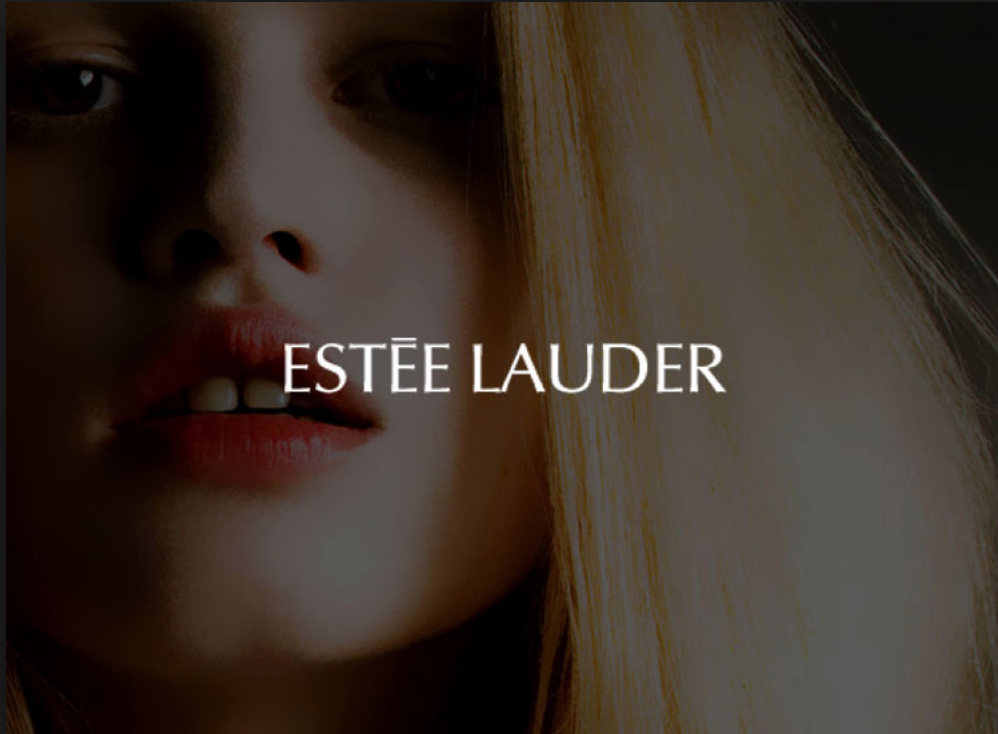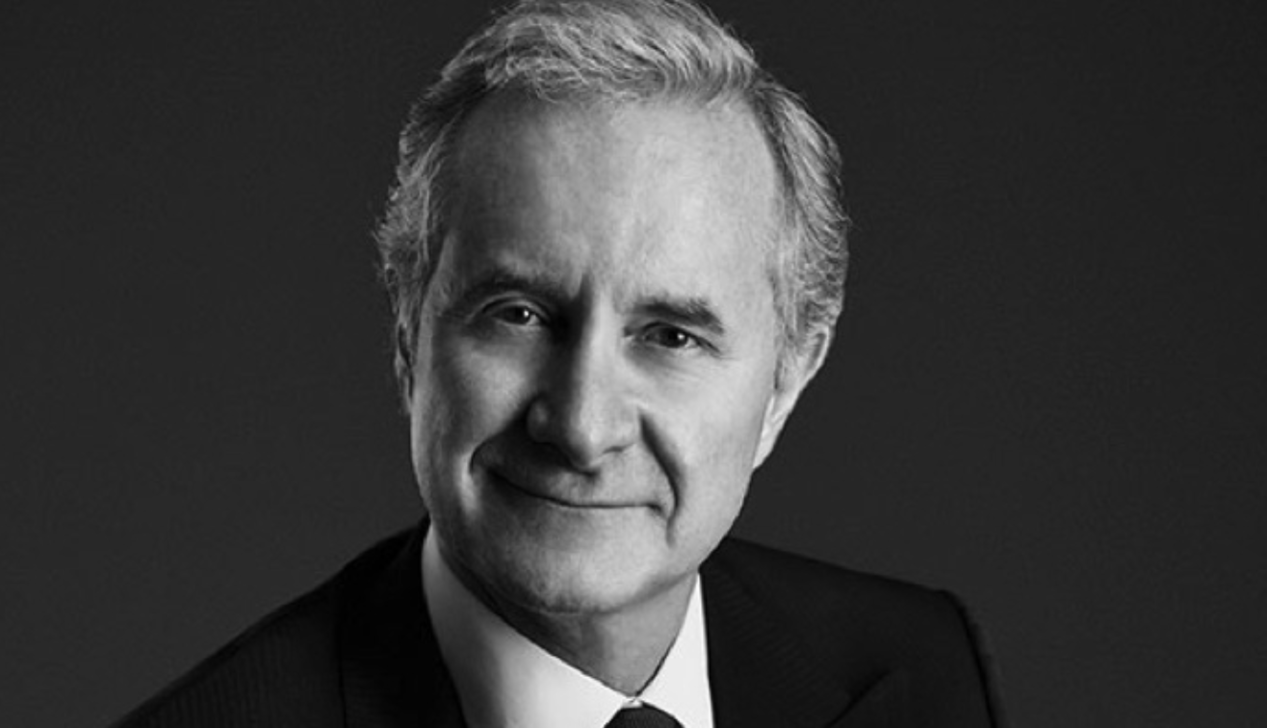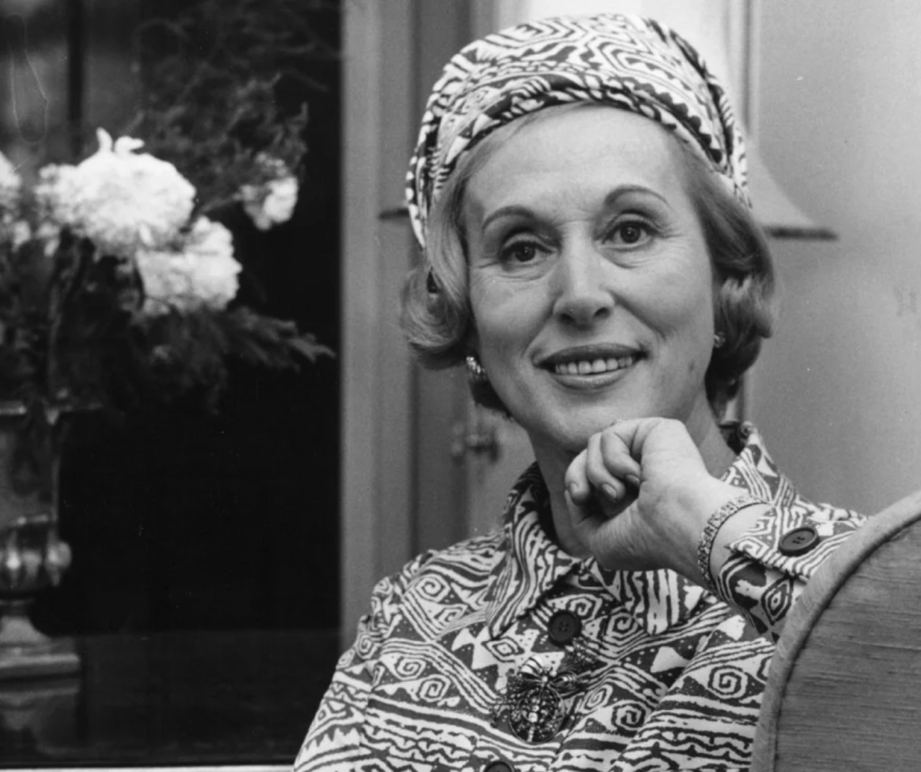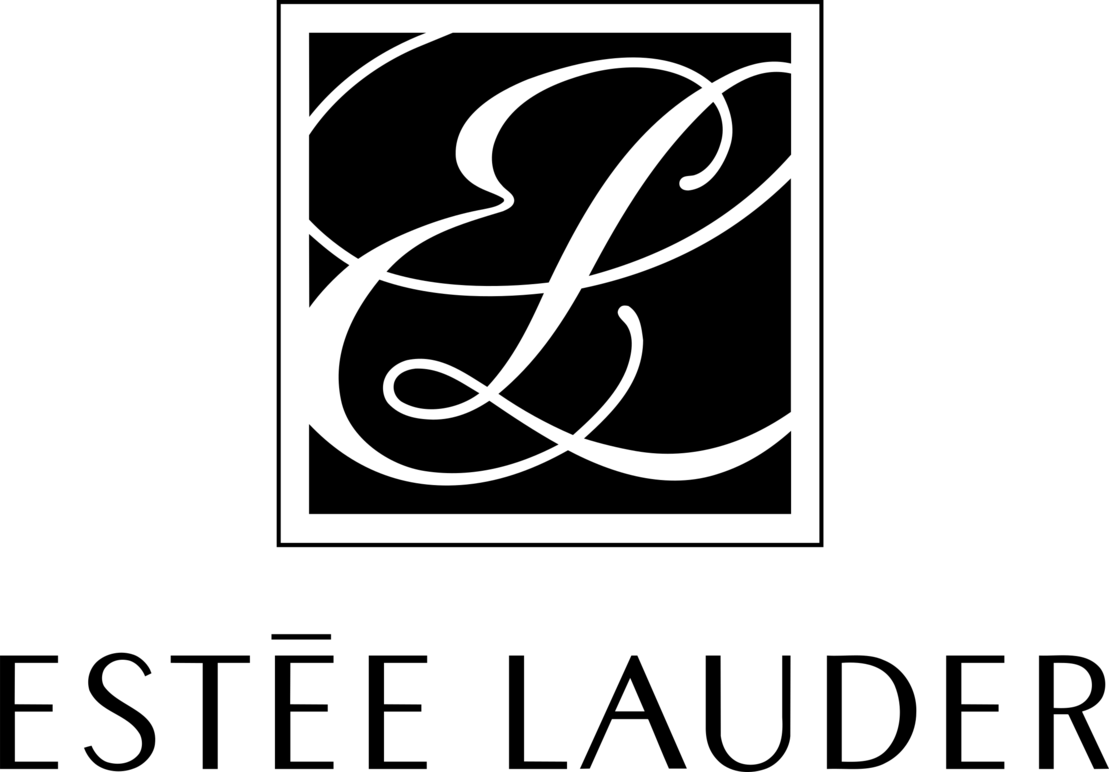Fabrizio Freda. Inventing the Unexpected for the Selfie Generation
You are the first non-family member to run Estée Lauder—a fmily company founded in 1846 by Ms. Estée Lauder, and always managed by members of the family until 2008. What did the family see in you that made them trust you enough to be the new leader of their company?
My specific characteristic is that I manage the business from the strategic standpoint, and I am a brand builder with the ability to manage change. However, I believe that the most important thing to manage a family-controlled company is to share the values and principles of both the family and the company – and that is true for Estée Lauder and, in my opinion, for any family business. I did share their values, from the quality of product and services to the respect for creativity and entrepreneurship, to the ability of leading and preceding change, along with the long term orientation of the company.
Do you think that being Italian is a plus for you working in the beauty industry?
I think so. I believe that being Italian teaches you a lot about culture, beauty, and the values of conviviality and understanding each other. And all of these are a valuable assets to excel in any kind of field and in particular in the beauty industry. I would say that also being Neapolitan, like I am, helps. Naples’ culture is about creativity and the so-called ‘art of getting by’ (l’arte di arrangiarsi). Naples is a very tough city, people who grow up there are put up with many different challenges to get through life and achieve success. There is a beautiful song, that I am sure all of you know, that says “if you make it in New York, you can make it anywhere” and I always say that this is too easy. “If you make it in Napoli, You can make it anywhere!”
In these 10 years, the digital revolution has affected the beauty industry. Today, for example, the most popular videos on Youtube are make-up tutorials. How do you deal with this phenomenon?
Every company, including ours, had to change a lot of their business models to adapt to these new ways. You need talents in the organization that are able to work in this new way, create the resources by moving past investments to these new areas and, lastly, you need to create the right support and alliances outside the company to get access to the best external resources. A lot of people asked me why the make-up consumption is exploding. I call it the “selfie generation,” when young millennials have to always be ‘selfie ready’ and can’t afford to have a down moment during the day. This new generation wants results immediately, and the make-up or skincare for insta-benefits are products that fit this desire, and this is very much linked to the social media.
You hired millennials to be reverse mentors to all the top managers, including you. How does it work?
We meet these brilliant young employees and we just ask some of them to mentor us and keep us updated on everything that is happening that we don’t see. I also have the help of my children. Today we have 270 senior managers in the company each with their reversed mentors under 30. So when you have this huge influence of the young generation over the senior generation you accelerate the transformation.
Can you give us few examples of differences in women’s approach to beauty between cultures?
Sure. The age you are expected to start using beauty products, for instance, changes from culture to culture. So do products. Skincare is 70% of the market in Asia, make up is 25% and fragrances are 5%. But in Latin America, fragrances are 70% of the market. Asians are the ideal skincare consumers, the Americans are the ideal make-up consumers, whereas the Europeans, Latin Americans and Middle Easterns are the biggest fragrance consumers of the world. For a Chinese woman, skin is extremely important because it epitomizes who she is; for an Italian woman it’s more about limiting the aging effects.
Talking about Italy, I recently discovered that Italy makes 60% of all the make-up products of the world for global brands including Estee Lauder. Is it true that Italy is very strong in innovation and technology for the beauty industry?
Italian companies have this unique ability to bring together technology and creativity to create the unexpected. In cosmetics, you need to be able to create the unexpected because you need to surprise the consumer. Mr. Ford, [founder of the Ford Motor Company], once said: “If I’d asked people what they wanted, they would have asked for faster horses.” The point is you can’t just ask your customers what they want, you need to invent something they don’t expect, but will like; and Italian companies are very good at this.
---
* Maria Teresa Cometto is an Italian journalist and award-winning author based in New York City. Since 2000, she has been covering business, finance, and high-tech for Corriere della Sera, the leading
Italian newspaper.
From the series, “Managers: from Italy to Top Global Businesses,” held at the Italian Cultural Institute of New York. The complete conversations, filmed by i-ItalyTV, are available on our youtube channel at www.youtube.com/iitaly. The following excerpts have been edited for publication.





































i-Italy
Facebook
Google+
This work may not be reproduced, in whole or in part, without prior written permission.
Questo lavoro non può essere riprodotto, in tutto o in parte, senza permesso scritto.